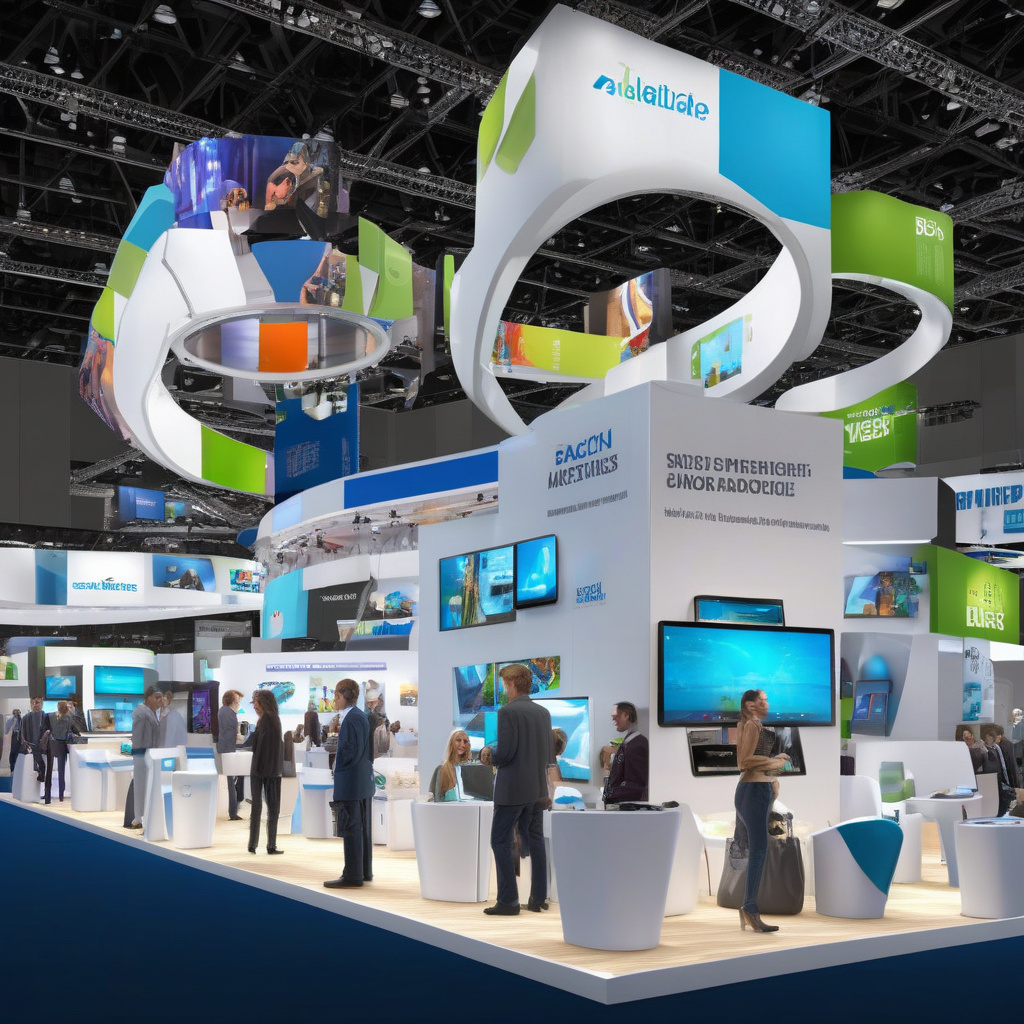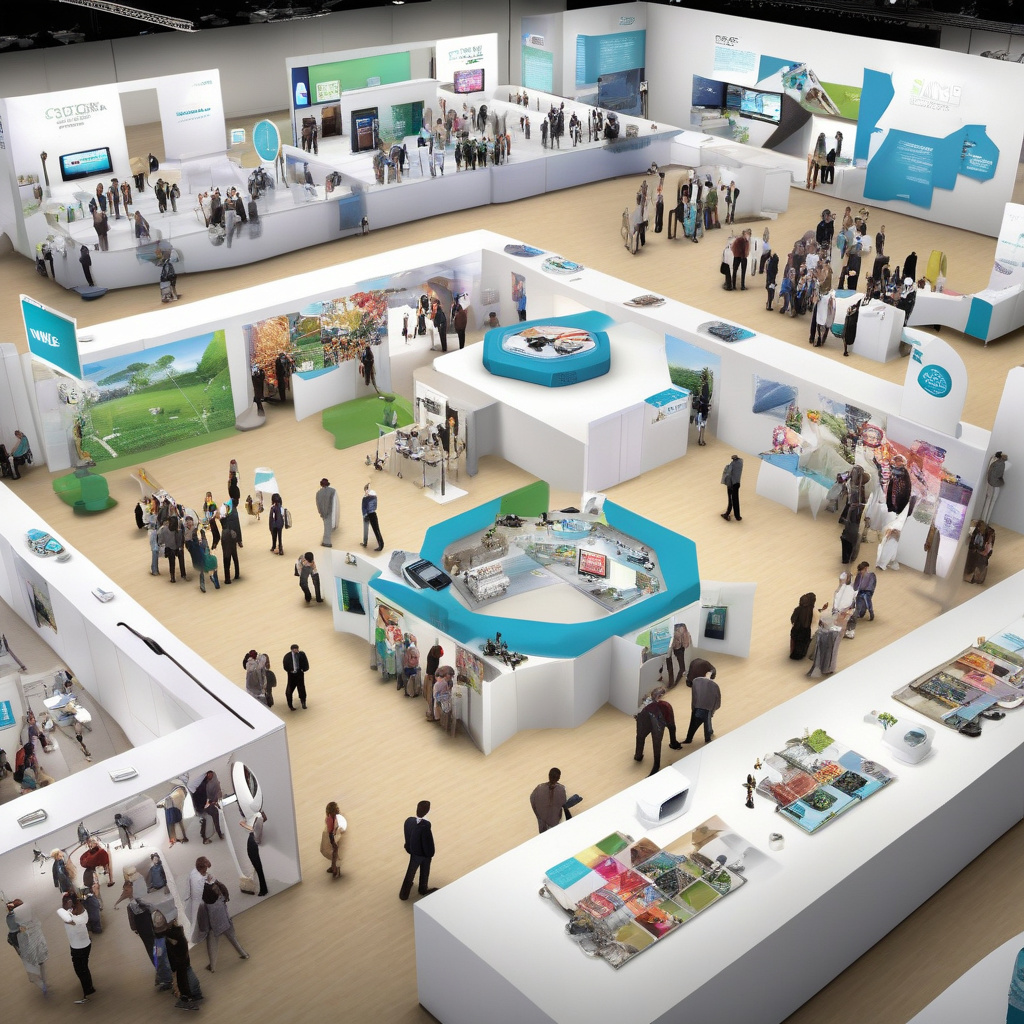The End of the Branded Pen: How Smarter Swag is Reshaping Event Marketing
In the realm of event marketing, branded giveaways have traditionally served as a key component in driving brand recognition and keeping businesses top-of-mind long after the event has concluded. However, the landscape is shifting dramatically, ushering in a new era where the once-reliable branded pen is being replaced by smarter swag that resonates better with modern consumers. As expectations evolve, businesses must rethink their strategies for swag and promotional items to ensure they not only capture attention but also create meaningful connections with their audience.
Historically, branded pens, tote bags, and cheap plastic trinkets dominated the giveaway scene. While these items may have provided a quick sense of brand promotion, they often ended up collecting dust in drawers or discarded altogether. Today’s attendees are increasingly discerning. They want items that offer genuine value and reflect their interests or lifestyles. This shift paves the way for a more thoughtful approach to event swag, where quality trumps quantity.
One prominent trend in the smarter swag movement is the focus on sustainability and eco-friendliness. Brands are realizing that consumers today are more environmentally conscious than ever. According to a recent study by Nielsen, 73% of global consumers say they would change their consumption habits to reduce their environmental impact. This mindset is influencing event marketing strategies, prompting companies to opt for eco-friendly products such as reusable stainless steel water bottles, biodegradable phone cases, and plantable seed paper. These items not only serve as useful gifts but also align with the values of a growing demographic that prioritizes sustainability.
Another avenue for smarter swag is the integration of technology. As the world becomes more digitized, event giveaways that incorporate tech features are increasingly appealing. For instance, brands are now providing items like portable chargers, Bluetooth speakers, and smart notebooks that merge practicality with innovation. These products not only enhance the attendee experience during the event but also serve as lasting reminders of the brand’s commitment to innovation and quality. A survey conducted by Eventbrite found that attendees are 60% more likely to remember a brand that provided them with a tech-related giveaway compared to traditional items.
Furthermore, personalization is becoming a key factor in the effectiveness of event swag. Consumers appreciate when brands take the time to understand their preferences and tailor their offerings accordingly. For example, a company might provide customizable items, such as monogrammed bags or personalized drinkware, allowing attendees to feel a sense of ownership over the product they receive. According to research from Epsilon, 80% of consumers are more likely to make a purchase when brands offer personalized experiences. By leveraging this strategy, businesses can foster stronger connections with their audience and enhance brand loyalty over time.
Moreover, experiential swag is gaining traction in the event marketing arena. Rather than merely providing physical products, brands are now offering experiences that attendees can engage with. For instance, pop-up photo booths, interactive games, or virtual reality experiences can serve as memorable takeaways that go beyond traditional swag. These experiential offerings not only create buzz around the brand during the event but also encourage social sharing post-event, amplifying the brand’s reach. A report by Event Marketing Institute indicates that 84% of consumers value experiences over material items, highlighting the importance of creating memorable engagements.
As businesses transition to smarter swag, it’s also essential to consider how these items fit into the overall branding strategy. The right swag should reflect the brand’s identity and messaging while also catering to the audience’s preferences. A brand that focuses on health and wellness might opt for fitness-related giveaways, such as resistance bands or yoga mats, whereas a tech company might lean towards high-tech gadgets. By aligning swag choices with brand values and audience interests, companies can maximize the impact of their promotional efforts.
In conclusion, the end of the branded pen signifies a broader transformation in event marketing strategies. As consumer expectations shift toward sustainability, technology, personalization, and experiential offerings, businesses must adapt by providing smarter swag that resonates with today’s audience. By prioritizing quality over quantity and aligning promotional items with brand values, companies can create lasting impressions that extend beyond the event itself. In a competitive marketplace, the brands that innovate their event marketing strategies will not only stand out but will also foster deeper connections with their consumers.
sustainable marketing, event swag, experiential marketing, brand loyalty, consumer engagement

